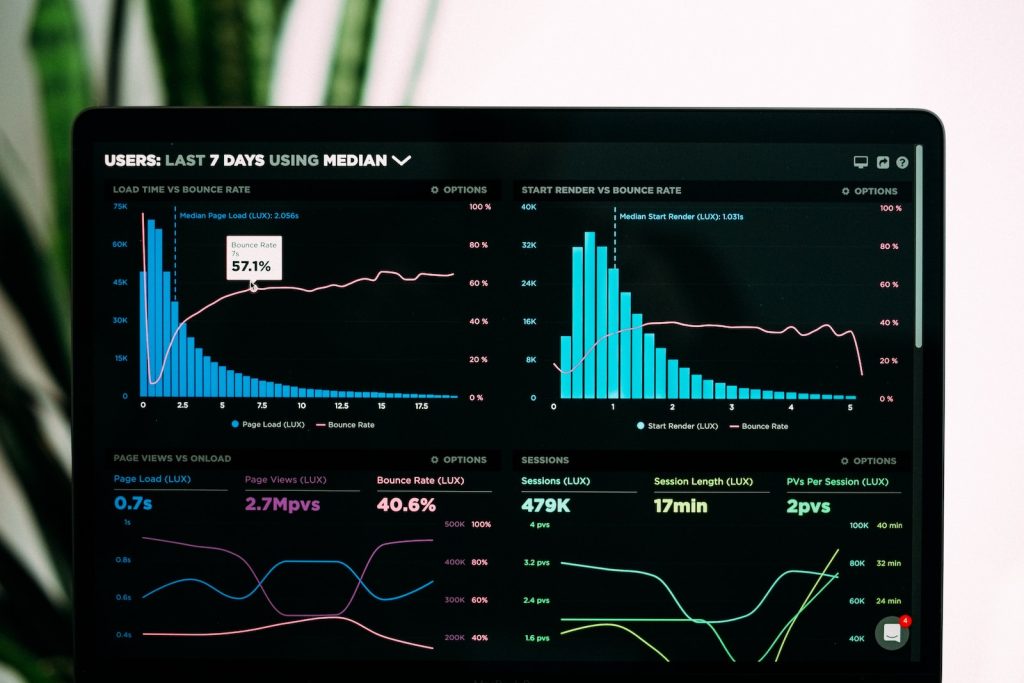Ethical philanthropy is a practice that focuses on making a positive impact on society while adhering to ethical principles and values. As the world becomes more interconnected and complex, the field of philanthropy is evolving to address new challenges and opportunities. In this article, we will explore the future of ethical philanthropy, including emerging trends and innovations that are shaping the industry.
The Changing Landscape of Ethical Philanthropy
In recent years, the landscape of ethical philanthropy has undergone significant changes. Donors and philanthropic organizations are increasingly focusing on measuring the impact and outcomes of their efforts. This shift towards outcome-oriented philanthropy aims to achieve measurable and sustainable results. To achieve this, philanthropists are embracing technology and data to streamline processes, make informed decisions, and track progress.
Increasing Focus on Impact and Outcomes
In the past, philanthropy was often driven by good intentions without a clear focus on measurable impact. However, there has been a paradigm shift towards outcome-oriented philanthropy. Donors and philanthropic organizations now seek to understand the long-term effects of their investments and ensure that their resources are used effectively. This focus on impact has led to the rise of impact measurement and evaluation frameworks, which allow organizations to assess the social, economic, and environmental outcomes of their interventions.
Embracing Technology and Data
Technology and data play an increasingly important role in philanthropy. Online fundraising platforms have made it easier for individuals to contribute to causes they care about, while data analytics and machine learning provide insights for decision-making. Philanthropic organizations are leveraging technology to reach a wider audience, streamline processes, and make data-driven decisions. Data analysis and predictive analytics are used to identify social issues, track progress, and optimize interventions.
Collaborative Approaches to Problem-Solving
Recognizing the complexity of social issues, philanthropic organizations are forming partnerships with other stakeholders, including governments, businesses, and communities. Collaboration allows organizations to leverage their resources, expertise, and networks to address systemic challenges more effectively. By working together, philanthropists can achieve greater impact and create sustainable solutions.
Impact Investing and Social Entrepreneurship
Impact investing and social entrepreneurship are gaining momentum in the field of ethical philanthropy. Impact investors seek to generate both financial returns and social or environmental benefits by investing in businesses and initiatives. This approach combines philanthropic capital with market-based solutions, creating sustainable models for social change. Social entrepreneurs, on the other hand, focus on creating innovative solutions to address social and environmental challenges while also generating revenue.
Emerging Trends and Innovations in Ethical Philanthropy
As the field of philanthropy continues to evolve, several emerging trends and innovations are shaping the industry. These include:
Blockchain Technology for Transparency and Accountability
Blockchain technology has the potential to revolutionize the way philanthropic organizations operate. By providing a decentralized and transparent system for tracking and managing donations, blockchain can enhance trust, accountability, and efficiency in the sector. Smart contracts on the blockchain can enable automated distribution of funds, ensuring that resources reach the intended beneficiaries. Blockchain technology also allows for increased transparency by providing a permanent record of transactions, making it easier to track the flow of funds and ensure that they are being used as intended.
Crowdfunding and Peer-to-Peer Giving Platforms
Crowdfunding and peer-to-peer giving platforms have democratized philanthropy by allowing individuals to directly support causes they care about. These platforms enable donors to connect with grassroots organizations and projects, bypassing traditional intermediaries. With the rise of social media and online connectivity, crowdfunding has become a powerful tool for mobilizing resources and raising awareness. It allows individuals to contribute small amounts of money, which collectively can make a significant impact.
Data-Driven Decision-Making and Predictive Analytics
As the amount of data available continues to grow, philanthropic organizations are increasingly using data-driven decision-making and predictive analytics to inform their strategies. By analyzing large datasets, organizations can identify patterns, trends, and insights that can guide their interventions. Predictive analytics can help predict the impact of different interventions, enabling organizations to allocate resources more effectively. For example, data analysis can help identify the most effective interventions for addressing a specific social issue or target a specific demographic group.

Impact Measurement and Evaluation Frameworks
To ensure accountability and transparency, philanthropic organizations are adopting impact measurement and evaluation frameworks. These frameworks allow organizations to assess the social, economic, and environmental outcomes of their interventions. By measuring and evaluating impact, organizations can learn from their successes and failures, and make evidence-based decisions. Impact measurement and evaluation frameworks also help philanthropists demonstrate the effectiveness of their investments and attract additional funding.
Ethical Considerations in Philanthropy
As philanthropy continues to evolve, ethical considerations are becoming increasingly important. Donors and philanthropic organizations are taking a closer look at the ethical implications of their actions, including issues such as power dynamics, cultural sensitivity, and environmental sustainability. Ethical guidelines and frameworks are being developed to ensure that philanthropy is conducted responsibly and ethically.
Conclusion
The future of ethical philanthropy is filled with opportunities and challenges. As the world becomes more interconnected and complex, philanthropic organizations are embracing emerging trends and innovations to make a greater impact. From outcome-oriented philanthropy to the use of technology and data, these advancements are reshaping the way philanthropy is approached. By focusing on impact and outcomes, embracing technology, adopting collaborative approaches, and exploring new models like impact investing and social entrepreneurship, philanthropic organizations can create sustainable and effective solutions to address the world’s most pressing social and environmental issues. With the continued evolution of the field, we can expect ethical philanthropy to make an even greater positive impact on society in the years to come.
































